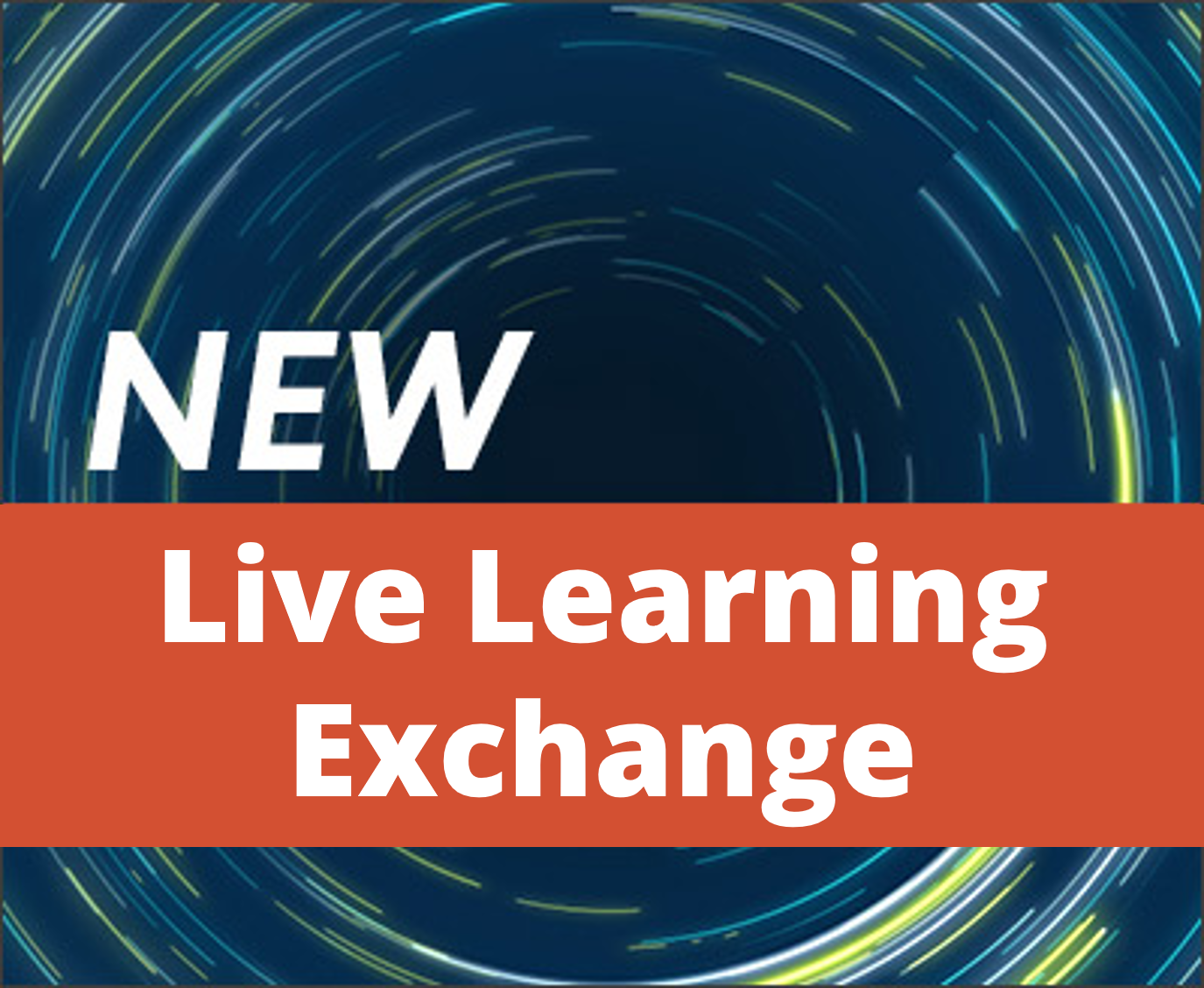Filter Courses By
Setting
Topic Area
- Assessment, Amplification, and Audiologic Rehabilitation
- Hearing, Hearing Loss, and Balance
- Audiologic Rehabilitation and Treatment
- Augmentative and Alternative Communication (AAC)
- Autism and Developmental Disorders
- CAPD
- Cochlear Implants
- Coding and Payment
- Cultural Responsiveness
- Fluency
- Language and Literacy
- Leadership Academy Courses
- Neurogenic Speech and Language
- Service Delivery and Practice Management
- School-Based Issues
- Speech and Voice Disorders
- Swallowing Disorders
- Tinnitus
- Vestibular
Course Format
SIG
- SIG 1, Language Learning and Education
- SIG 2, Neurogenic Communication Disorders
- SIG 3, Voice and Upper Airway Disorders
- SIG 4, Fluency and Fluency Disorders
- SIG 5, Craniofacial and Velopharyngeal Disorders
- SIG 6, Hearing and Balance Sciences: Research and Clinical Applications
- SIG 7, Auditory Rehabilitation
- SIG 8, Public Health Audiology
- SIG 9, Pediatric Hearing and Hearing Disorders
- SIG 10, Issues in Higher Education
- SIG 11, Administration and Supervision
- SIG 12, Augmentative and Alternative Communication
- SIG 13, Swallowing and Swallowing Disorders (Dysphagia)
- SIG 14, Cultural and Linguistic Diversity
- SIG 15, Gerontology
- SIG 16, School-Based Issues
- SIG 17, Global Issues in Communication Sciences and Related Disorders
- SIG 18, Telepractice
- SIG 19, Speech Science
- SIG 20, Counseling
Instructional Level
Results 1 - 10 of 43









